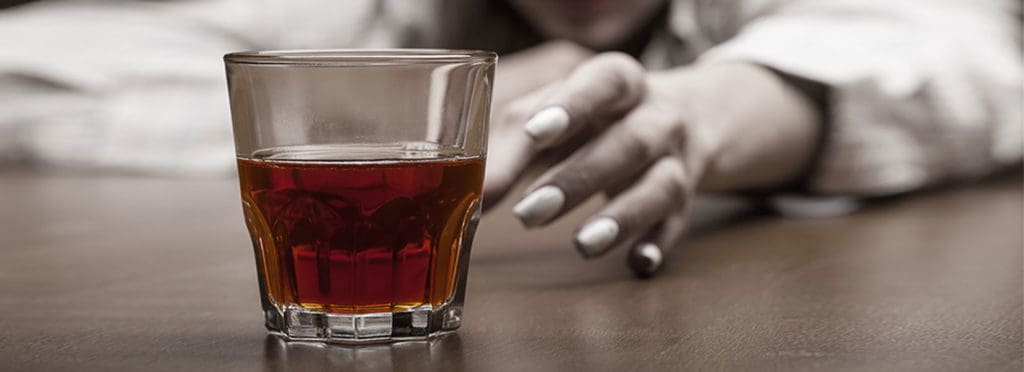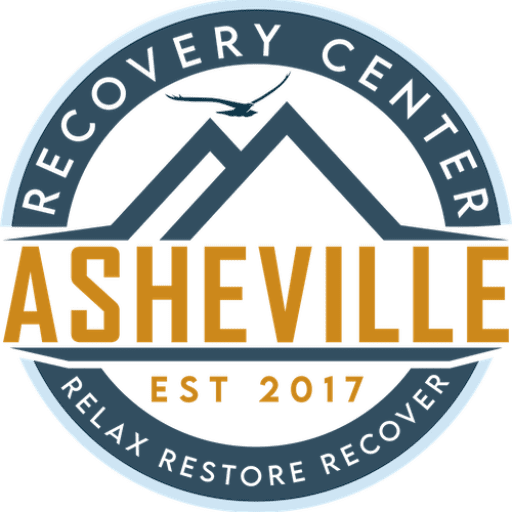When most people think of alcoholism, they picture someone drinking every day from sunup to sundown. Alcoholism brings to mind images of people slumped in alleyways or stumbling around a house full of beer cans. These ideas certainly apply to some cases of alcoholism, but the term is really a broad one. In fact, alcoholism doesn’t always mean drinking every day. A binge drinking problem can also be a sign of alcoholism. In these cases, it can be tricky to identify.

What’s a Binge Drinking Problem?
Having a binge drinking problem isn’t always obvious. There are a few situations in which it may seem normal to binge drink. According to NIAAA (National Institute on Alcohol Abuse and Alcoholism), binge drinking is defined as having 4 alcoholic drinks within 2 hours for women, or 5 alcoholic drinks within 2 hours for men. The definitions are different based on gender because women tend to become drunk with fewer drinks than men do. By this definition, a lot of what people consider “social drinking” is binge drinking. College parties, celebrations, and holidays commonly include this pattern of drinking, especially for younger adults.
But how do you tell when drinking too much becomes a binge drinking problem? A lot of people can recall an occasion or two when they had a bit too much. For people who consistently drink a lot of alcohol in a short time span, however, social drinking may have crossed the line into binge drinking. It’s hard to put an exact number on what a binge drinking problem is. A good rule of thumb is that whenever a drinking pattern results in consequences or starts to interfere with any aspect of life, it could be a binge drinking problem. Binge drinking once or twice a week or more could also be cause for concern. In most cases, it depends on the individual.

What’s the Difference Between a Binge Drinking Problem and Alcoholism?
So, how do I know when I cross the line from binge drinking to alcoholism? Well, the truth is that a binge drinking problem can qualify as alcoholism. Having an alcohol addiction doesn’t always mean drinking every day, drinking in the morning, or drinking alone. Alcoholism can happen anytime someone’s drinking patterns interfere with their daily life. This includes a binge drinking problem! Some of the signs that a binge drinking problem is starting to take over someone’s life include:
- getting injured frequently while drinking
- blacking out often
- consistent risk-taking behavior, like drunk driving
- feeling sad, empty, or irritable when they can’t drink, or can’t drink the way they want to
- binge drinking once a week or more
- making resolutions to cut back and then not being able to
- missing out on important commitments or routines to drink
- being unable to enjoy friends or family without having alcohol
If you or someone you love has a drinking problem, it may be time to consider help for alcoholism or dangerous drinking behaviors.

The Risks of a Binge Drinking Problem
A binge drinking problem may not seem that serious at first glance. It can be easy to explain risky drinking by excusing it as “college behavior.” But the truth is that a binge drinking problem can lead to a whole host of problems, including:
- arrests and jail time
- serious injuries or even fatality (from either drunken injuries or alcohol poisoning)
- problems with the liver and digestive system
- loss of friends
- financial problems
- depression and anxiety
And many, many more. A binge drinking problem can also lead to daily drinking, which can interfere with someone’s life, goals, and well-being.

Getting Help With Binge Drinking
In the short run it may seem easier to look past a binge drinking problem in yourself or in someone you love. But this pattern can quickly morph into a dangerous situation. Getting help early on is key. Admitting to having a drinking problem can seem scary, but it doesn’t have to be that way. Many people need treatment for drinking issues. Reaching out to a trusted friend or loved one can help you decide on the next step. Most importantly, confronting binge drinking is a brave decision that can result in a truly free and healthy life. Contact Asheville Recovery Center Today to find help with this and other substance issues,






